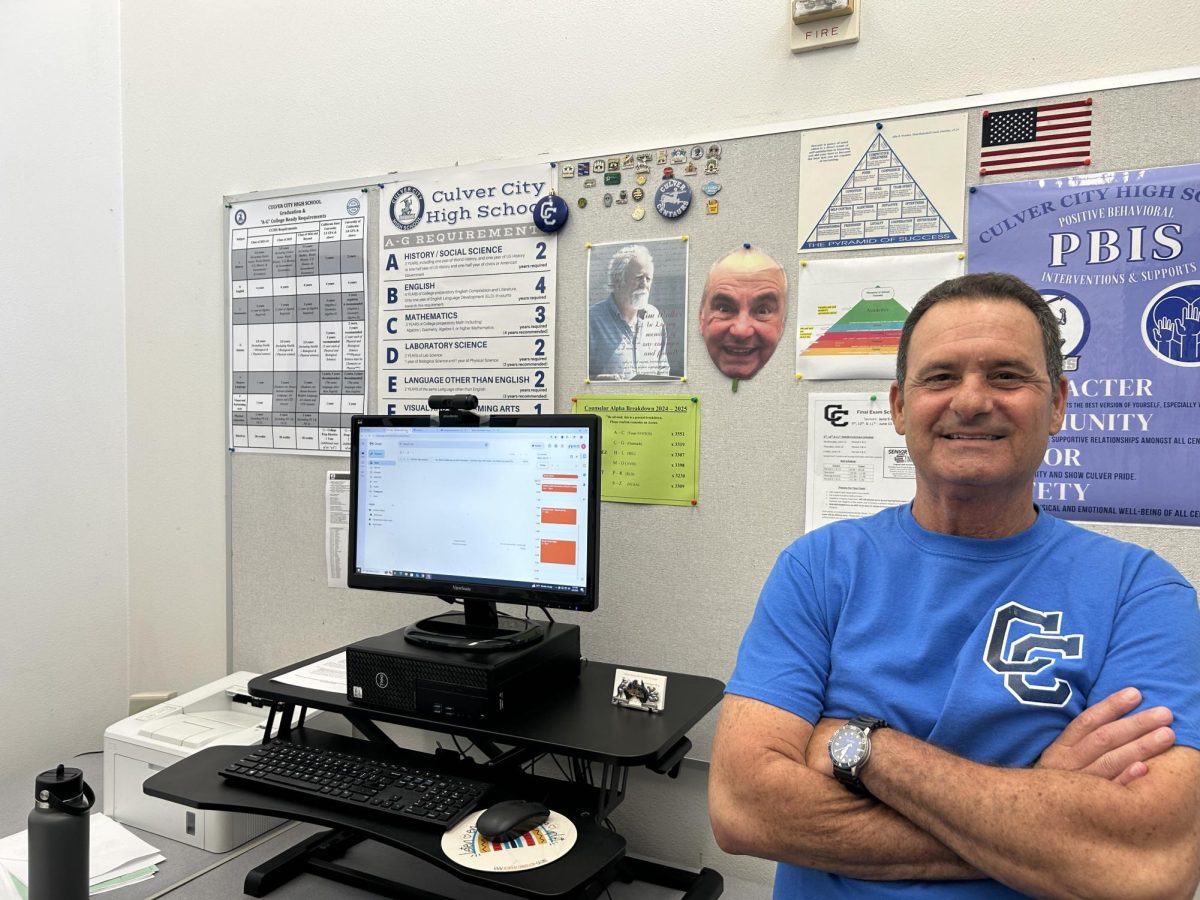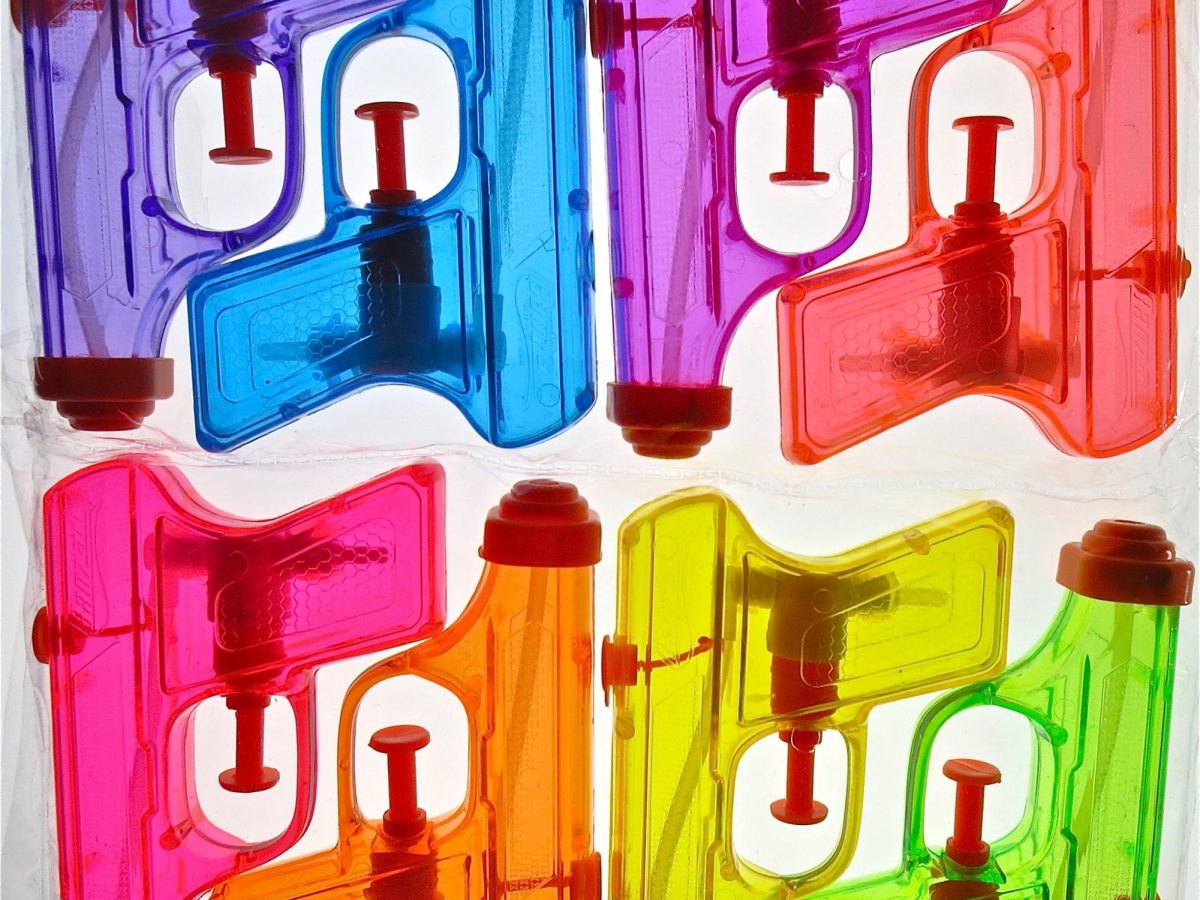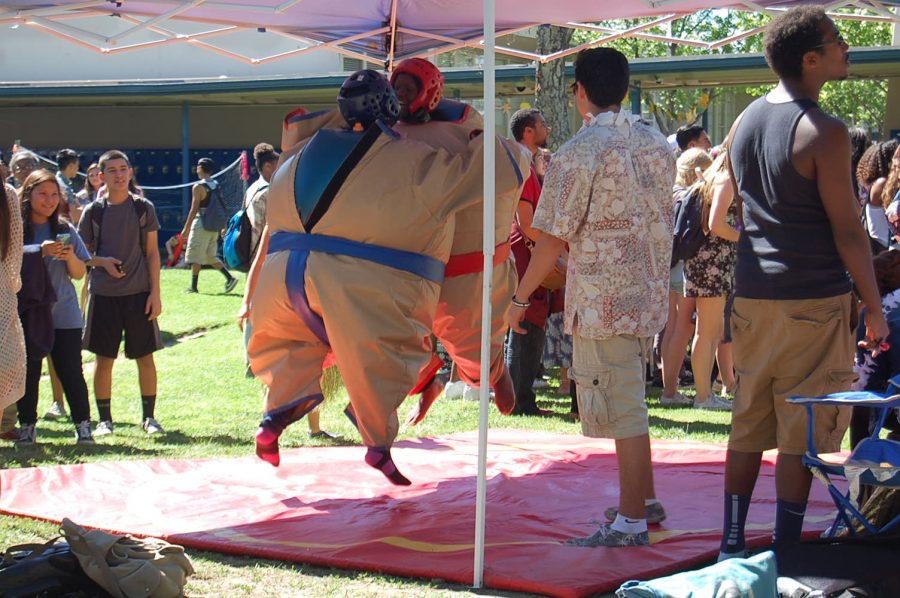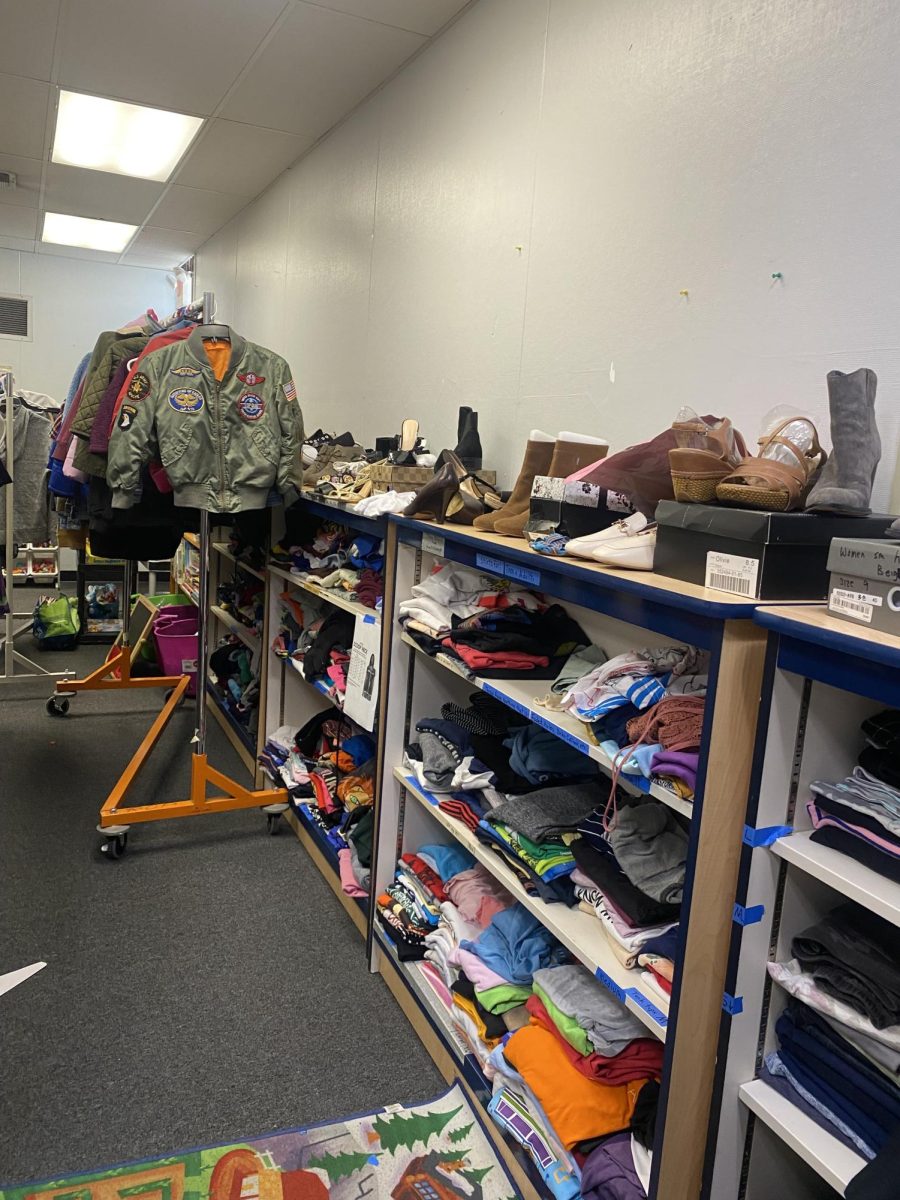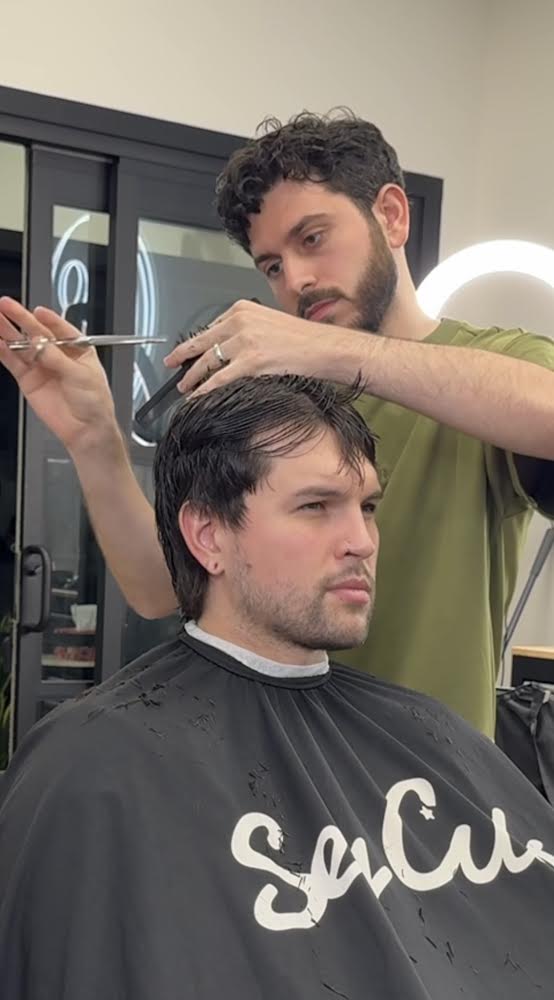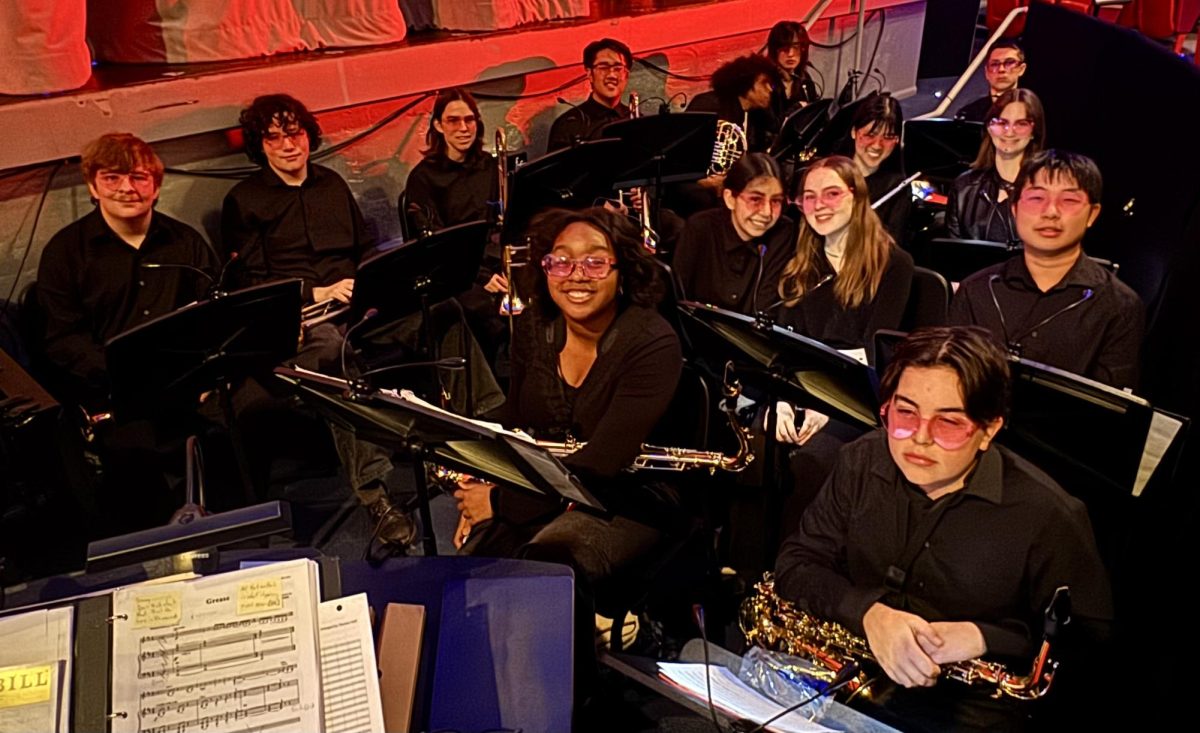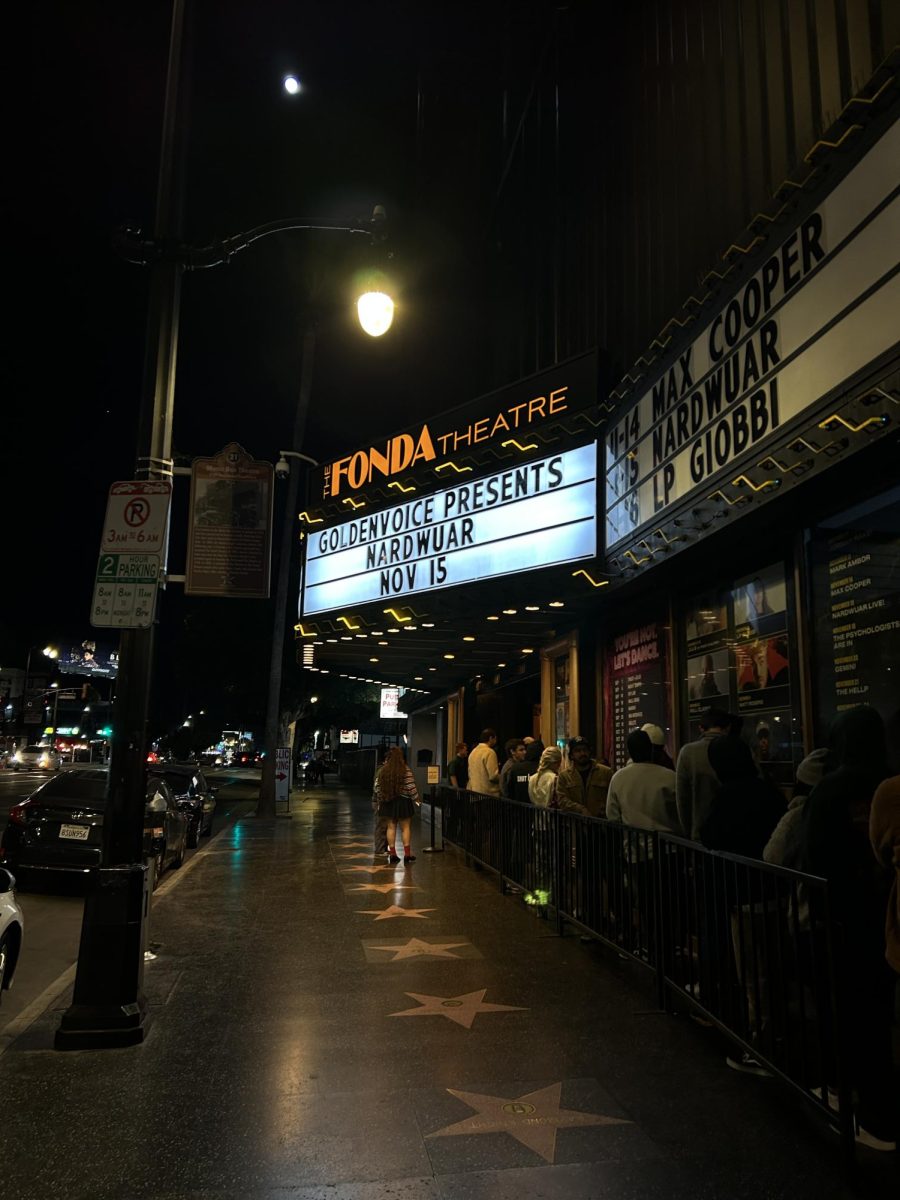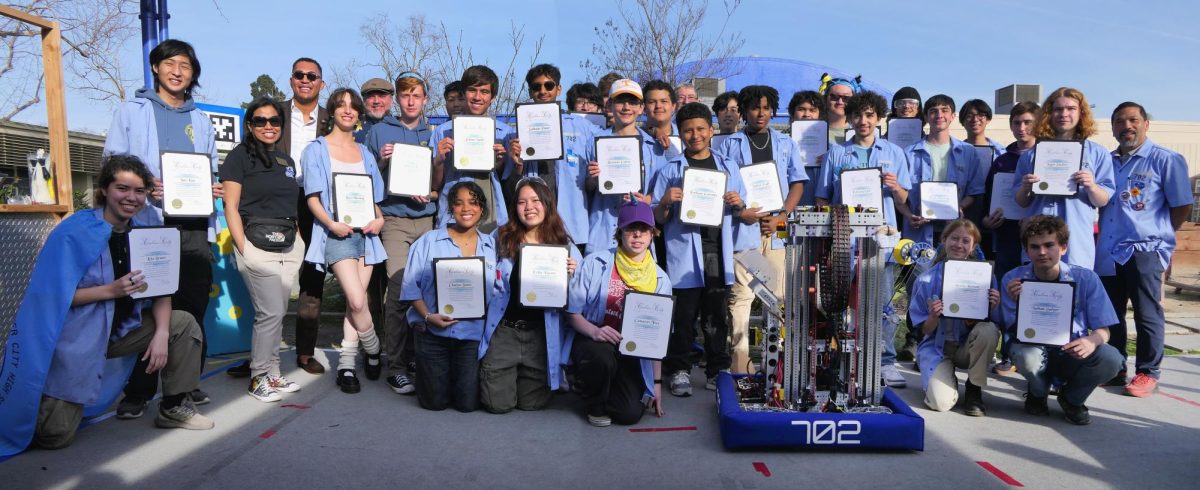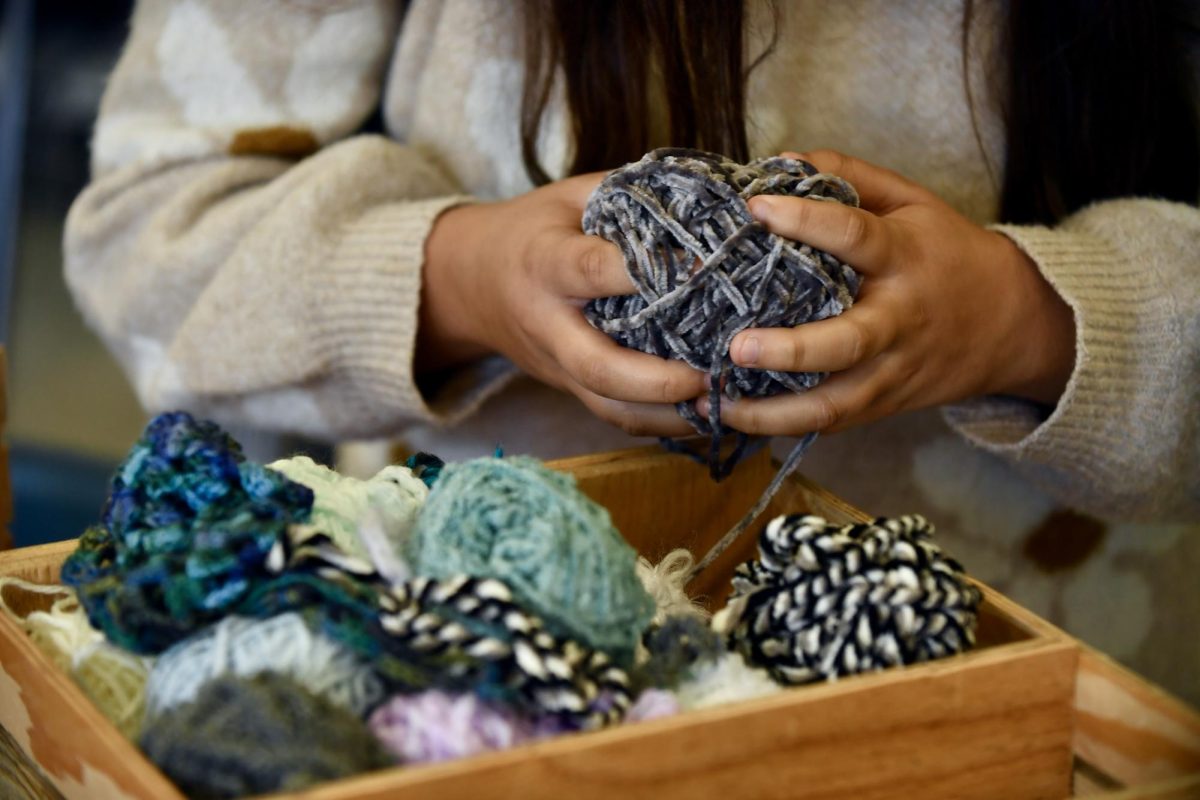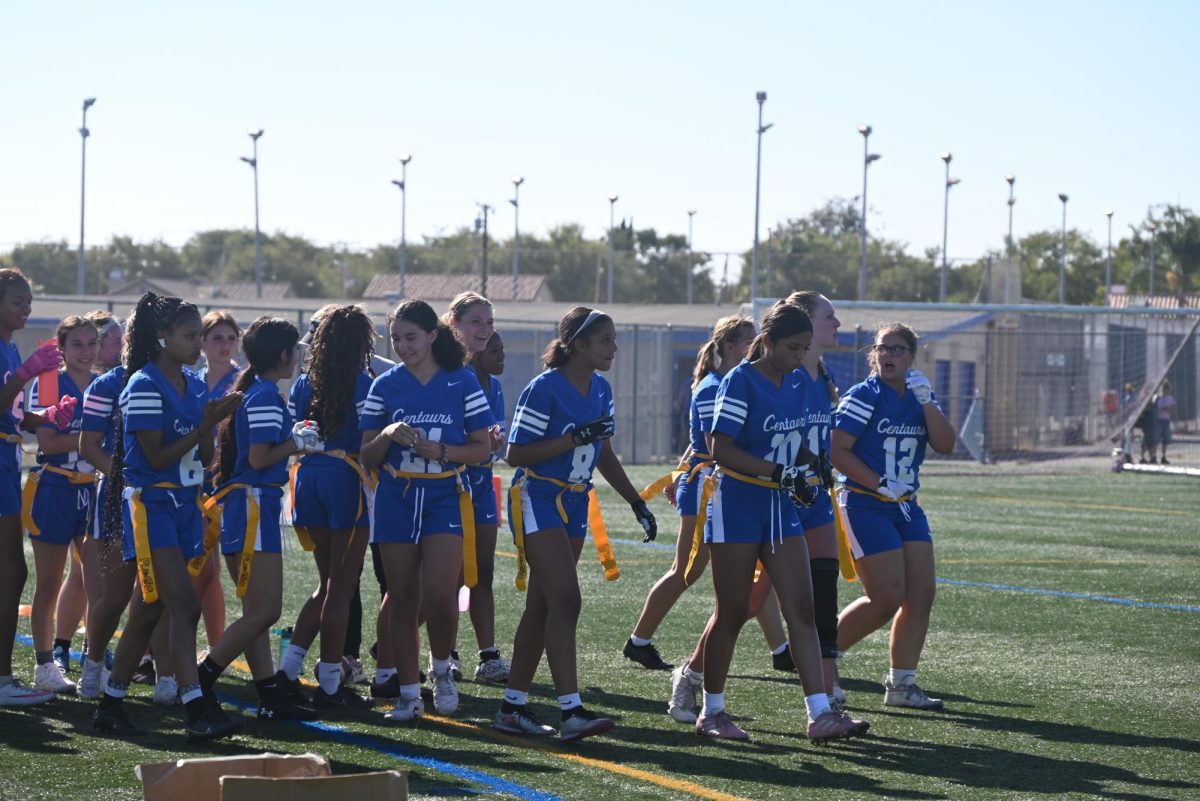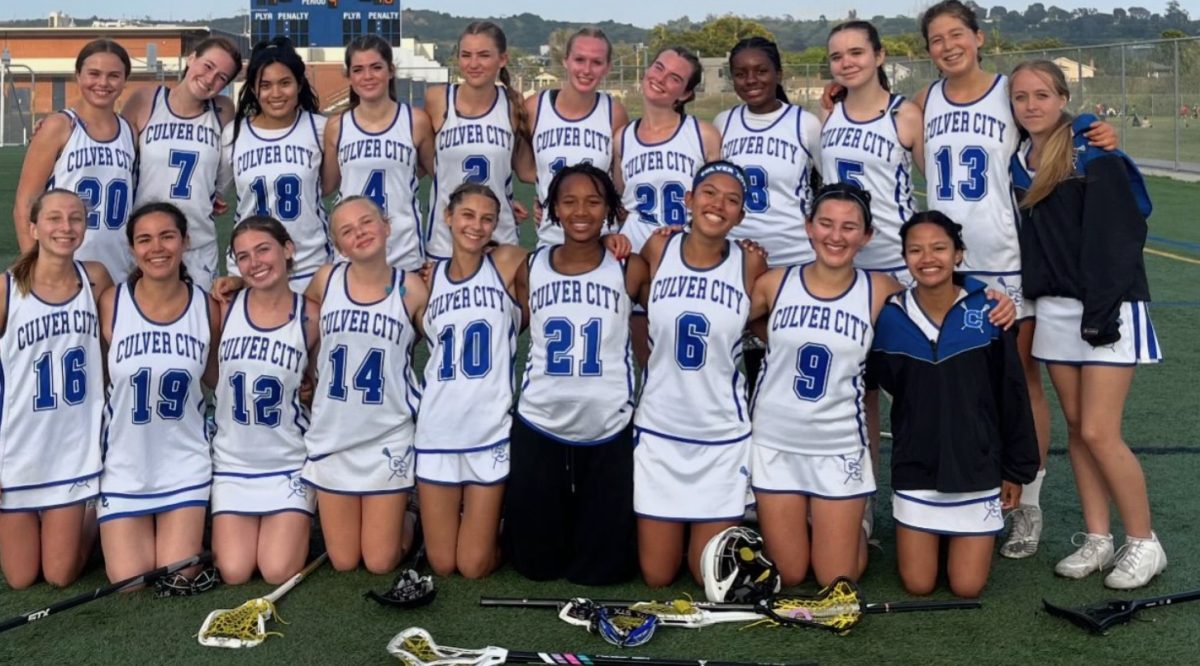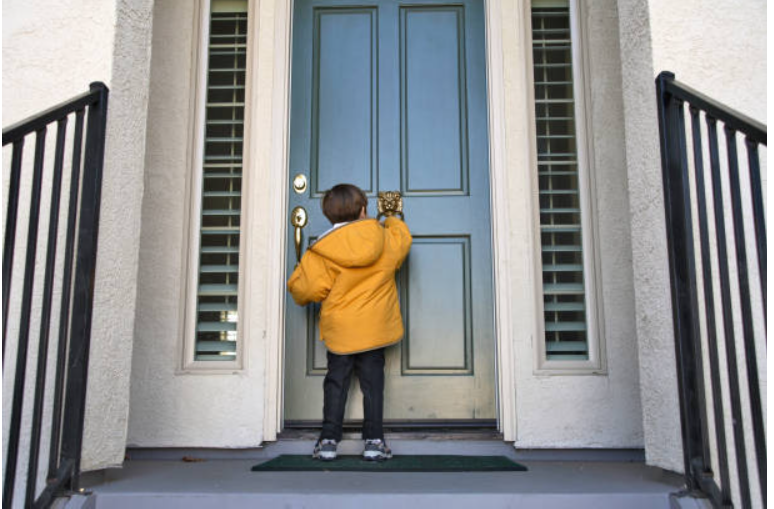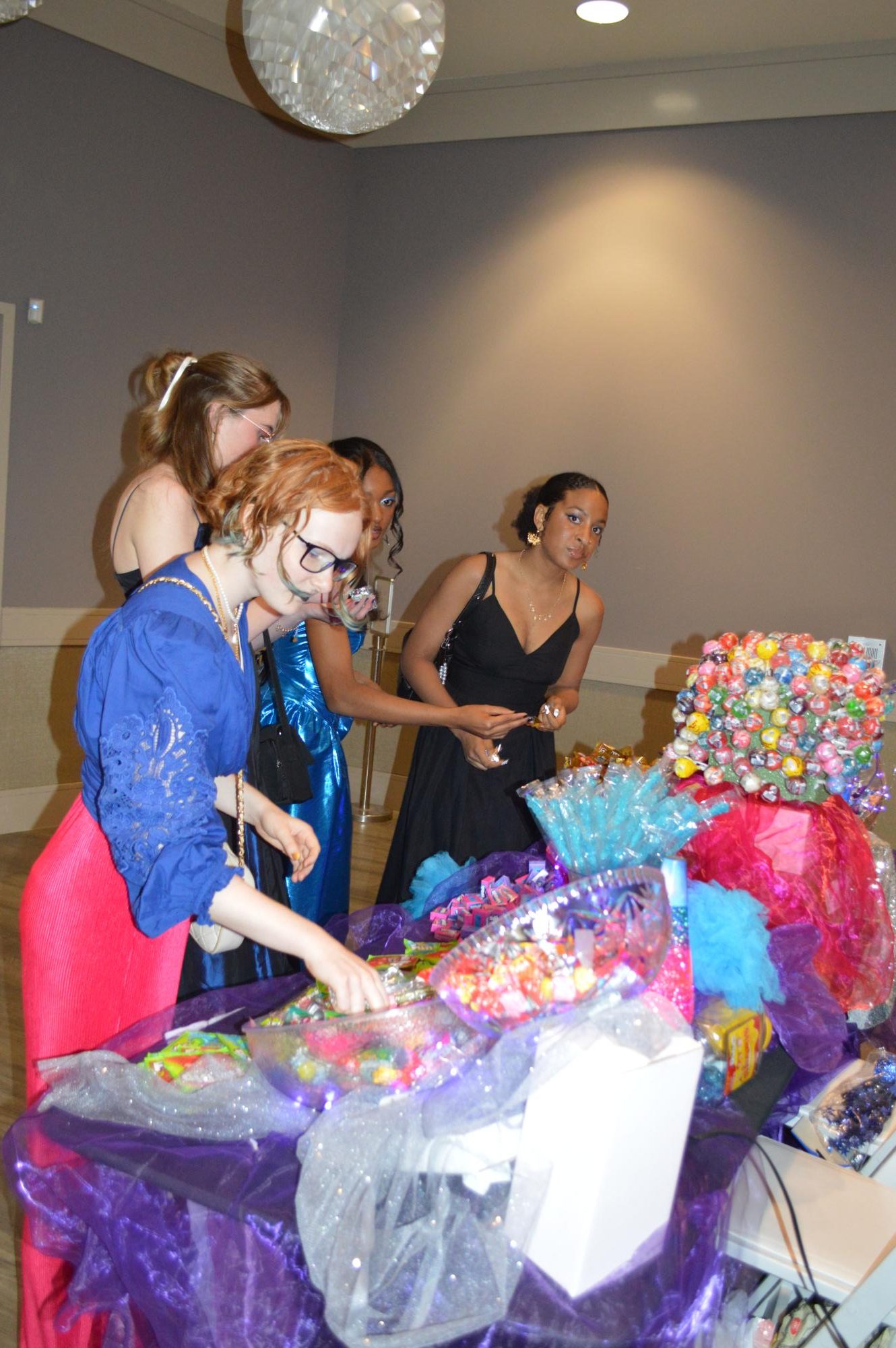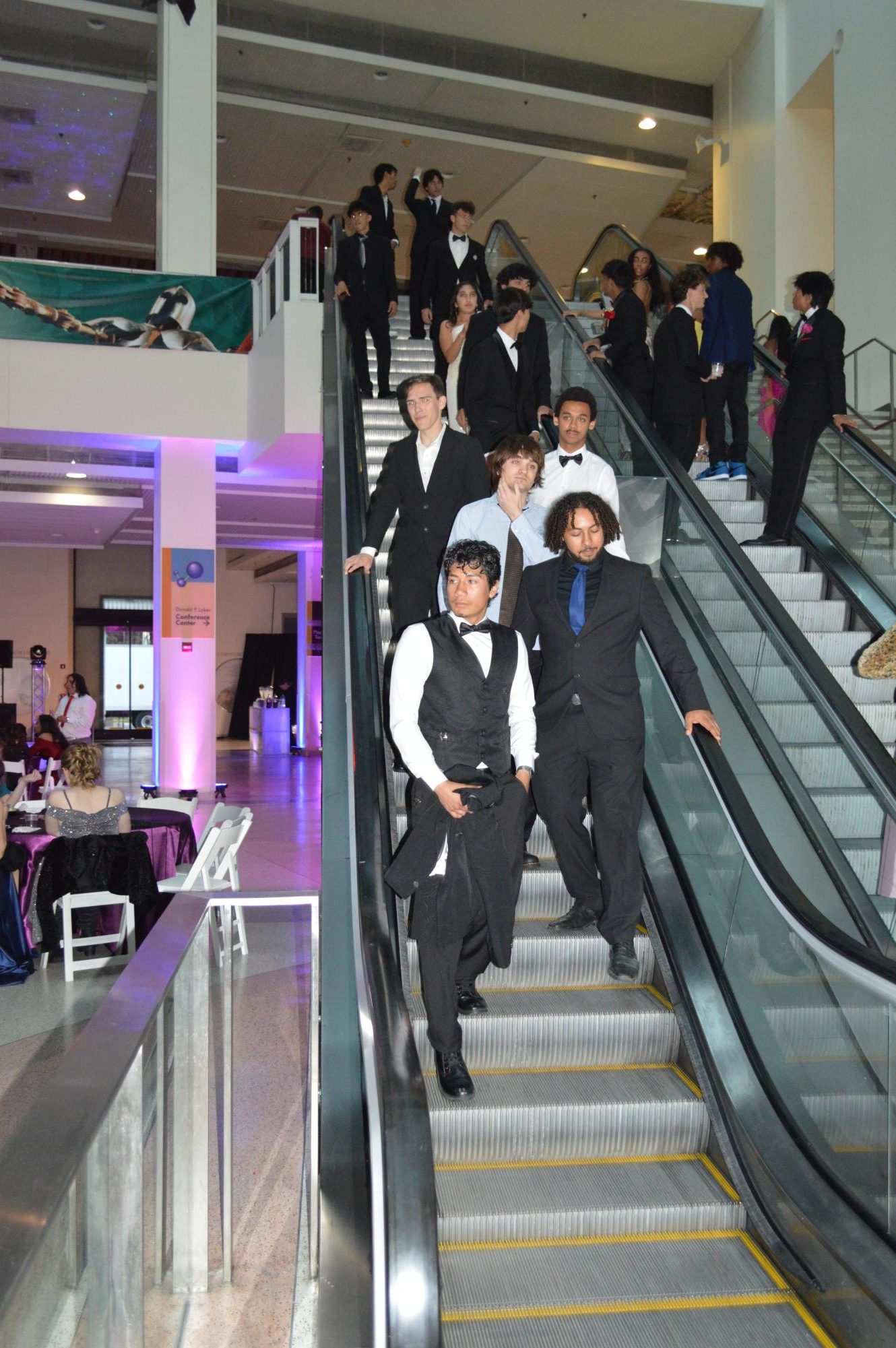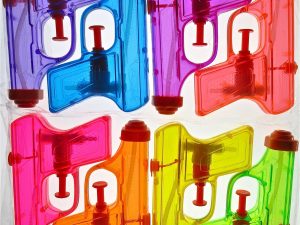Is Door-To-Door Fundraising Really That Ethical?
October 20, 2022
You may remember in your elementary and middle school days when you went into the cafeteria or gym and a group of bubbly presenters came out to present to you all the prizes you could win if you sold magazines, gift wrap, and food. You would always beg your parents to come out with you so you could sell to compete for the big prize listed in a catalog with the world’s most treasured prizes. However, it also took time away from your parents work schedule, your afterschool activities, and your social life. Is door to door fundraising really that ethical?
Door-to-door fundraising has caused division between multiple school districts and parents. The PTAs, PTOs, and PTSAs of schools may argue that it is a good way to raise money because it gets everyone involved and awards students for selling. However, many parents, especially those who work in fields such as science and medicine, may not want to be involved due to the stressful workload they receive. According to the Center for Disease Control and Prevention’s website, “work in healthcare often involves intensely stressful and emotional situations in caring for those who are sick … [and] working conditions with ongoing risk for hazardous exposures”. Additionally, parents who work in these fields may also work long hours. For instance, postdoctoral workers at the Columbia University Associate Research Scientist/Scholar and Postdoc Unionization have a full-time workweek of at least 40 hours. This shows how many parents have little time to spend with their family. Moreover, these factors make it incredibly hard for parents to make time in order to do fundraising with their child. The child then feels upset that it is not possible.
Not only do a majority of these companies make life harder for parents who work for countless hours a week, but they also keep a lot of the money that is raised. Charleston Wrap, a fundraising company that offers products such as magazines and gift wrap for students to sell, claims that the schools they work with “typically see a 30% or more increase in the profits they earn.” This means the company keeps more than half of the money on average. Although the chart on the website shows a high amount of profit in schools, they are the top selling schools, meaning that more children have to sell higher amounts of products to continue their streak. The PTAs and PTSAs of each school could earn more if they developed ways to fundraise on their own in order to maintain better programs.
A majority of fundraising companies also bribe children with prizes for selling products. The fundraising company Meadow Farms, which sells similar products to the Charleston Wrap, states on their website that children who sell 1-3 products will receive a koala pencil topper as a prize. However, they can win the same pencil topper among other prizes if they sell forty items or more. In short, the message that these companies are sending is the more you sell, the more you earn. Product fundraising is more likely to be a bribe because the prizes are what kids are really looking for. Kids do not like the idea of selling products to neighbors, so the prizes solely exist for them to have a motive to sell. Hence, fundraising companies use the prizes as a way to get children to sell products. Therefore, this is proven to be a form of bribery toward children.
So, what can schools do as an alternative fundraiser? Knowing the conflicts many families face and the profit companies make, the alternative options are endless. Here’s some of them:
- School talent shows
- Bake sales
- Raffles
- Silent auctions
- Jogathons
- Trivia nights
- Cooking classes
- Fall/Art festivals
- Art/Craft sales
- Pop up thrift stores
- Holiday themed walkthrough (for instance: haunted houses, winter wonderland, etc.)
- Movie nights
